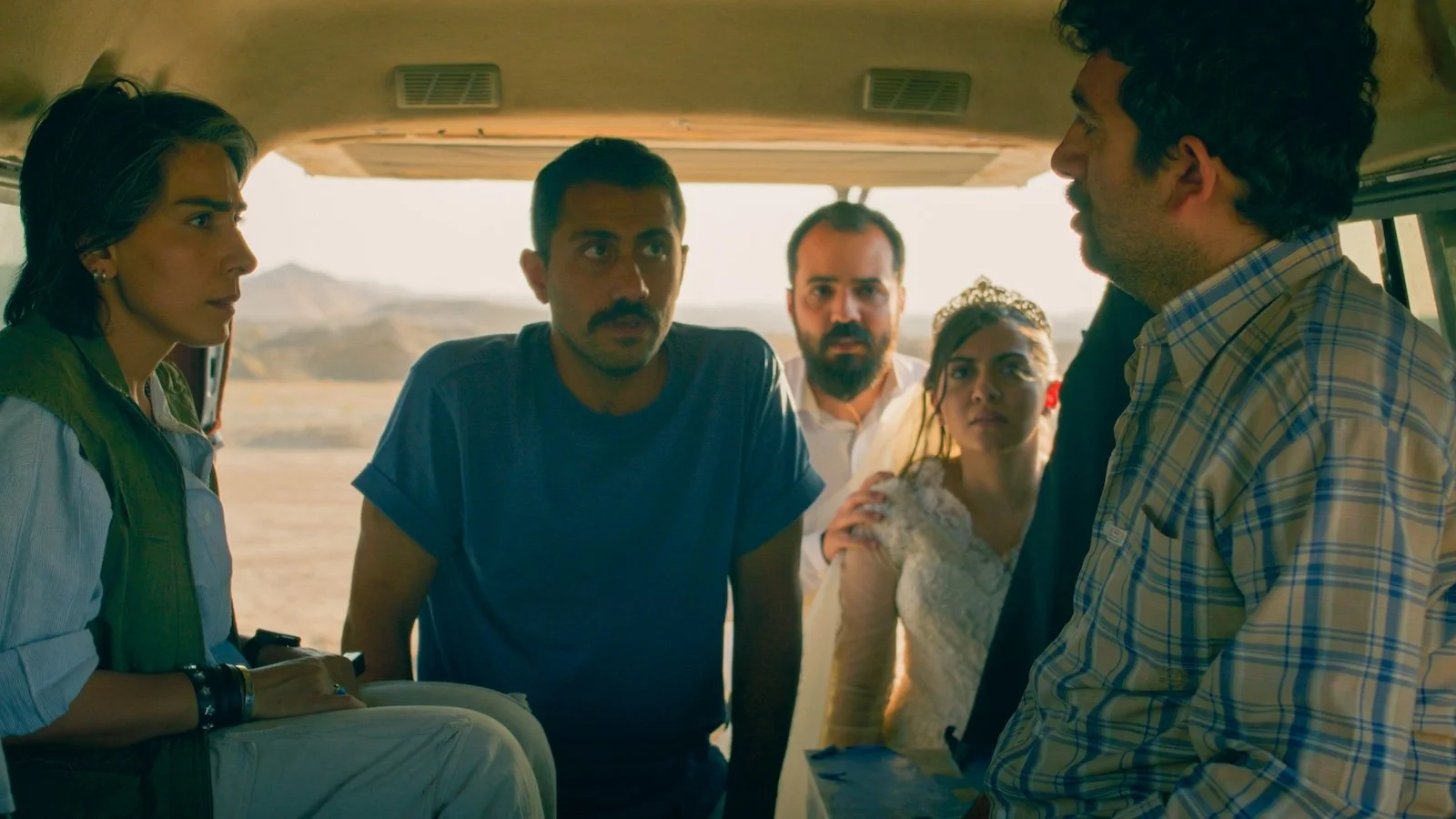Hot Docs 2021: Come Back Anytime
You’d be forgiven for thinking that with its loving cinematography of sumptuous food and its tale of an older Japanese chef, Come Back Anytime is a successor to Jiro Dreams of Sushi, the popular food documentary from 2011. But where Jiro was undoubtedly about the aesthetic beauty of the food and the rigorous, even fanatical, dedication of the chef, Come Back Anytime is less about the dishes and more about how a chef turned a fallback job into a vocation and passion that has lasted him 40 years. It’s a gentle portrait of community and about how food and work can unite people and make a life whole.
Come Back Anytime is not a food doc, but it does make you want to feast on the shoyu ramen, gyoza, and other treats that Masamoto Ueda makes at his tiny ramen bar, Bizentei, located in Chiyoda, Tokyo. In the film’s opening scene, we watch Ueda prepare for the day at his shop. He fills a massive pot with water and brings it to a boil before dumping in onions, mushrooms, pork loin, and chicken parts. Meanwhile, he casually stirs a massive wok filled with mushrooms, lathering them with broth, soy sauce, and salt. Ueda doesn’t follow a recipe nor does he pay much attention to his work; he seems more a cook in a home kitchen than a professional chef. It’s all routine at this point, the result of 40 years of working behind the ramen bar and acting off memory. But it’s also an indication that Ueda finds running a restaurant about more than simply serving delicious food and keeping an organized kitchen.
Later, as we see his regulars come in to feast on Ueda’s limited menu of dishes, we notice that Ueda is anything but lackadaisical at his work. He may not obsess over the plating of his meals, but he does pay careful attention to the people that come in, listening to their problems, making them laugh with a joke, being sure to encourage them and make them feel calm and at home in his restaurant. Director John Daschbach understands that a restaurant is as much about the customer as the cook. The food unites the two and creates a relationship. Come Back Anytime digs into this relationship and portrays the way that food, when lovingly crafted and generously shared, can provide love and support to those that need it. It proves that food can create community.
Daschbach structures the film around the four seasons, starting with Spring and ending with Winter. It’s a conventional structure, but ensures that the film moves at a nice pace and is easy to follow. Not only does each section of the film depict the natural season in Tokyo and the surrounding countryside, but it digs into the corresponding seasons of Ueda’s life. We learn about his reckless young adulthood and his gambling problems, how he started his first restaurant as a fallback when other careers didn’t come together, and how he taught himself to cook ramen from a cookbook and endless experimentation. He is a self-taught man with no master, but he’s become a master to others, a cherished sensei to the people in his life. Most of his customers even call him by the honorific, “master.”
In between segments depicting Ueda in his restaurant or spending his weekends off searching for mountain yams or working his garden in the city surrounds, Daschbach and his translator Wataru Yamamoto interview Ueda’s most passionate regulars. The customers talk about the food and their favourite dishes, but more importantly, they talk about Ueda and the restaurant. Two regulars individually recount the stories of meeting at the restaurant and eventually getting married and having children; to each of them, Ueda’s vouching for the other was essential to pursuing the relationship. Another regular talks about how the restaurant has been a haven during recent hard times, first when she lost her mother, and then when she lost a close friend. She fights back tears as she tells how Ueda gently told her to come back after her shift when the restaurant was closed to offer her a place to cry.
The stories told and the scenes depicted on screen are moving, but not sentimental. The film celebrates how a friendly place to go to after work and have a beer and a meal alongside acquaintances can brighten a long day and get a person through a tough time in life. In that way, it almost works as a documentary equivalent to Cheers or other sitcoms that use one location as a metaphor for communal society. In Ueda, the film also shows how an accidental job became a life’s pursuit and a way to give back to others. Ueda never seems passionate about the food, but he’s passionate about the restaurant and the relationship he shares with the customers through the food.
Like its title suggests, Come Back Anytime is about how food is a repeating invitation to share life and its pleasures and sorrows. This is a gentle film that will make your mouth water with its cinematography. It’s not about social issues or grand stories of accomplishment. It’s simply a portrait of the ways that food can define the person that cooks it and the person that eats it, and unite the two in something that would not be possible without the food in the first place.
8 out of 10
Come Back Anytime (2021, Japan)
Directed by John Daschbach; featuring Masamoto Ueda.



Nia DaCosta’s sequel to 28 Years Later pits two competing theologies of death against each other.